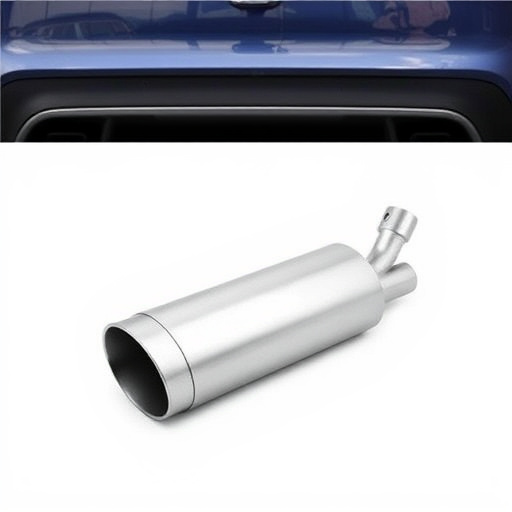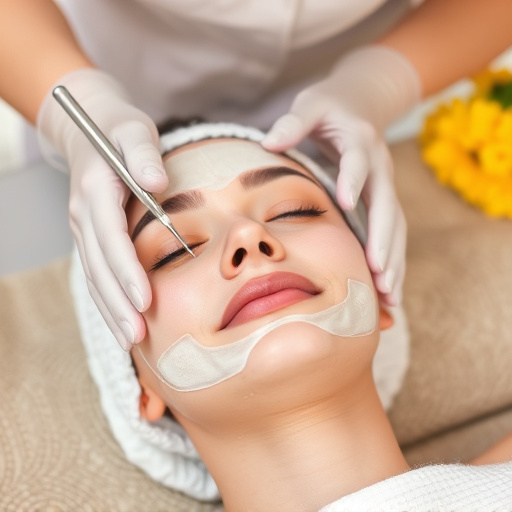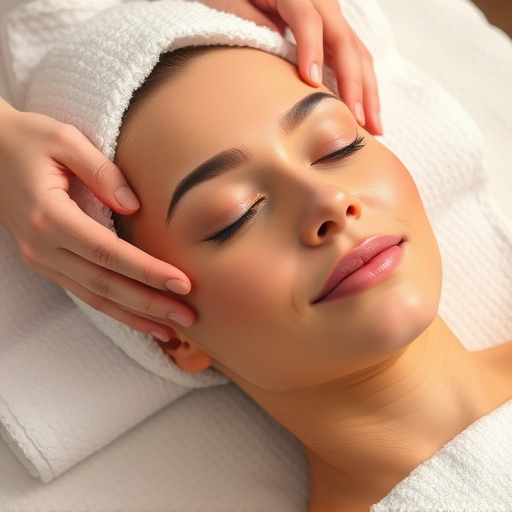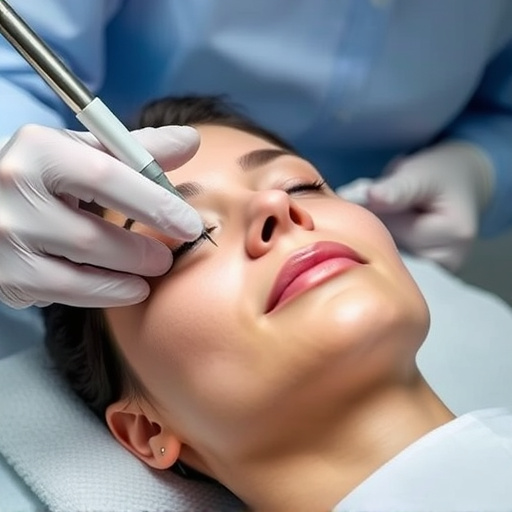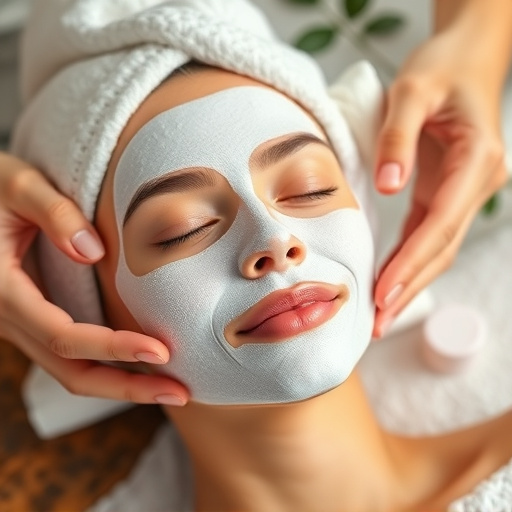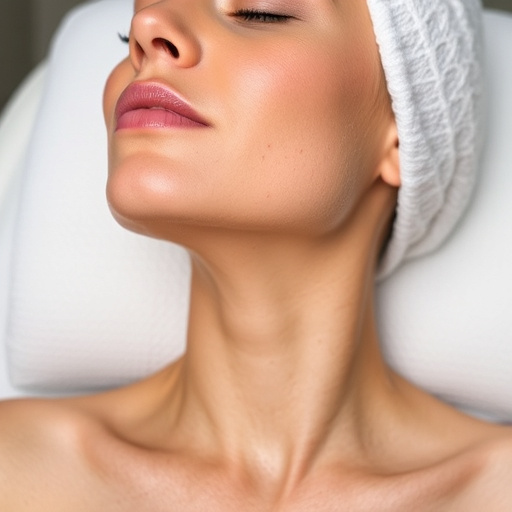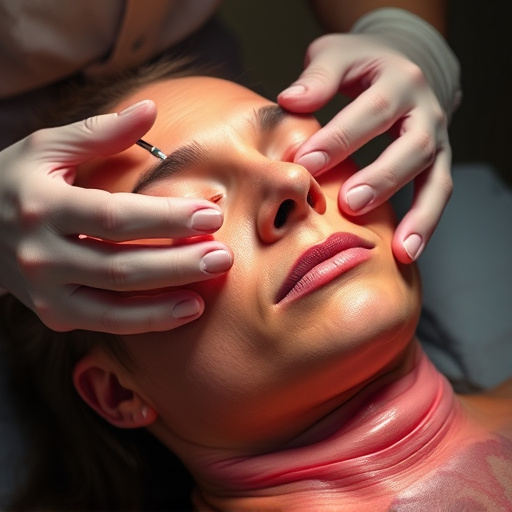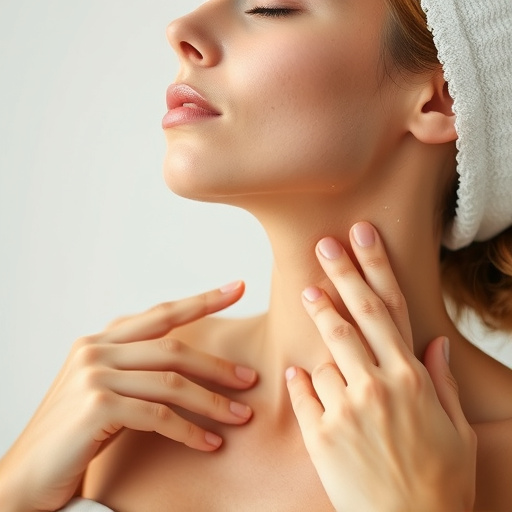Stress management is a key component of adult acne therapy. High stress levels increase cortisol, triggering excess sebum production and clogged pores, leading to inflammation. Integrating mindfulness meditation, deep breathing, yoga, exercise, and hobbies into routines helps lower cortisol, improving treatment outcomes alongside traditional methods like chemical peels and facials. This holistic approach prevents new lesions, enhances skin appearance, and builds resilience against future breakouts for clear, healthy skin long-term.
Stress management plays a crucial role in complementing adult acne therapy plans. In this article, we explore the intimate connection between stress and adult acne, delving into how high-stress levels can exacerbate skin conditions. We then discuss effective strategies for integrating stress management techniques into comprehensive acne treatment plans. By adopting these practices, individuals can achieve long-term benefits, including clearer skin and improved overall well-being, reinforcing the success of their adult acne therapy.
- Understanding the Connection Between Stress and Adult Acne
- Integrating Stress Management Techniques into Acne Treatment Plans
- Long-Term Benefits of Stress Reduction for Clear Skin
Understanding the Connection Between Stress and Adult Acne
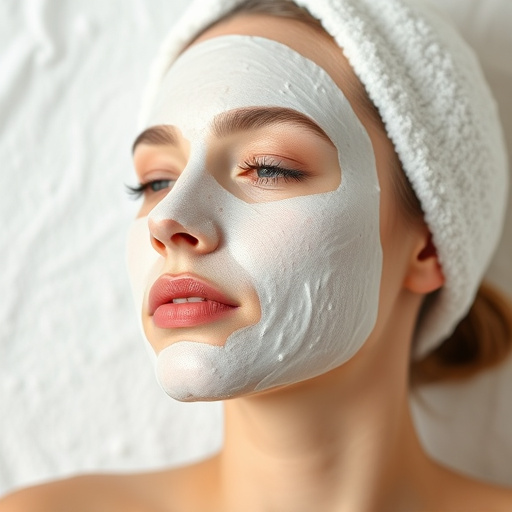
Stress and adult acne share a complex relationship; both can exacerbate the other, creating a vicious cycle. Understanding this connection is crucial for developing comprehensive adult acne therapy plans. High-stress levels trigger hormonal changes in the body, particularly an increase in cortisol. This hormone stimulates the production of sebum, the natural oil that keeps skin moist but, in excess, can clog pores and lead to inflammation, a key factor in adult acne.
Moreover, stress often manifests as poor lifestyle choices—unhealthy eating, lack of sleep, and reduced physical activity—which can further worsen acne conditions. Professional skincare specialists emphasize the importance of integrating stress management techniques alongside traditional acne treatments and non-surgical interventions for effective long-term results.
Integrating Stress Management Techniques into Acne Treatment Plans
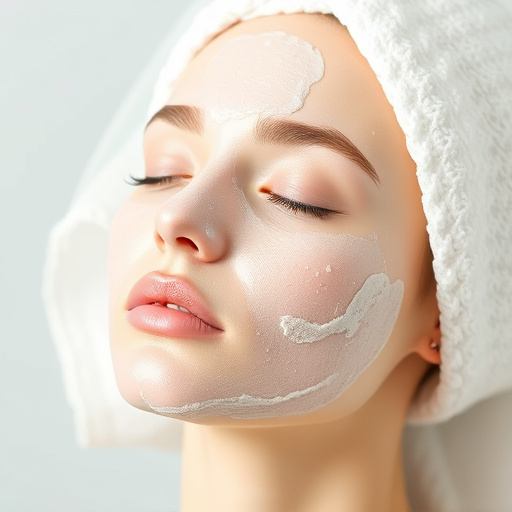
Integrating stress management techniques into adult acne therapy plans is a holistic approach that recognizes the profound impact mental well-being has on skin health. Stress can exacerbate acne by increasing inflammation and hormonal fluctuations, making it a significant factor in treatment outcomes. Techniques such as mindfulness meditation, deep breathing exercises, and yoga have been shown to reduce cortisol levels and promote better skin.
Incorporating these practices alongside traditional adult acne therapy, including chemical peels and medical spa services, can enhance overall effectiveness. Additionally, focusing on stress management can prevent the development of new acne lesions and improve the overall appearance and brightness of the skin. This multifaceted approach ensures that patients not only address surface-level issues but also cultivate resilience against future breakouts.
Long-Term Benefits of Stress Reduction for Clear Skin
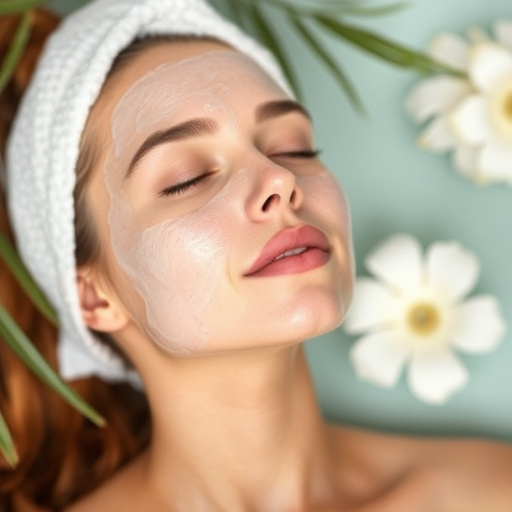
Reducing stress is an often-overlooked aspect of achieving clear skin and can significantly complement adult acne therapy plans. Chronic stress triggers inflammation in the body, which contributes to hormonal imbalances that can exacerbate acne lesions. By managing stress through techniques such as meditation, regular exercise, or engaging in hobbies, individuals can create a healthier internal environment. This, in turn, supports the effectiveness of professional skincare treatments and customized facials designed to address adult acne.
In the long term, consistent stress reduction practices lead to improved skin clarity and overall skin health. Personalized skincare routines, when combined with lower stress levels, can provide even more remarkable results. Such routines may include gentle cleansing, regular exfoliation, and targeted treatment products that cater to individual skin needs. By addressing both the external and internal factors influencing acne, individuals can achieve clearer, healthier skin and maintain it over time.
Stress management plays a pivotal role in complementing adult acne therapy plans. By integrating techniques such as mindfulness, exercise, and time management into treatment regimens, individuals can achieve clearer skin and improved overall well-being. The long-term benefits of stress reduction extend beyond the face, fostering a healthier lifestyle that supports sustained clear skin. Incorporating stress management into adult acne treatments is a holistic approach that empowers individuals to take control of their skin health and overall quality of life.





